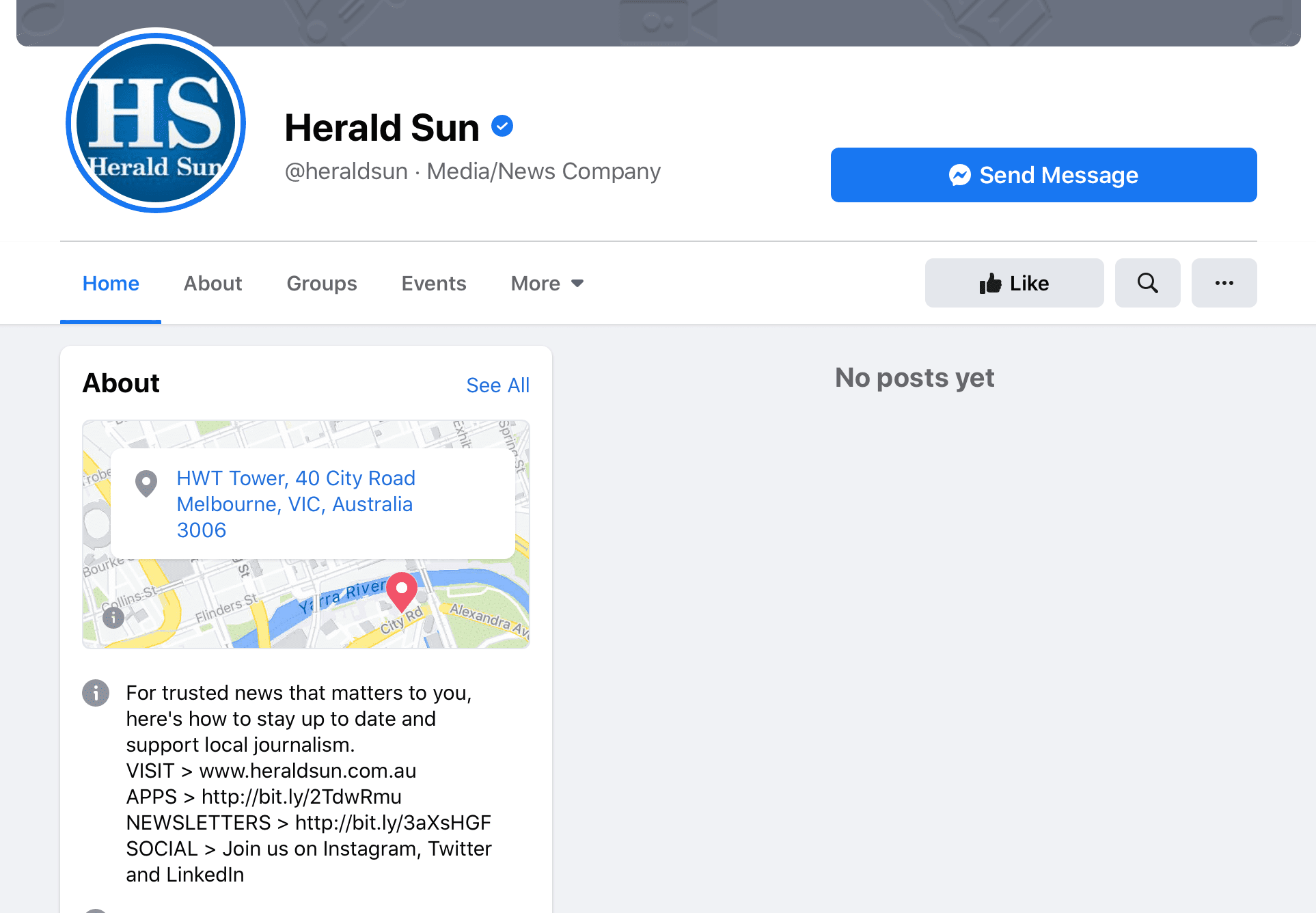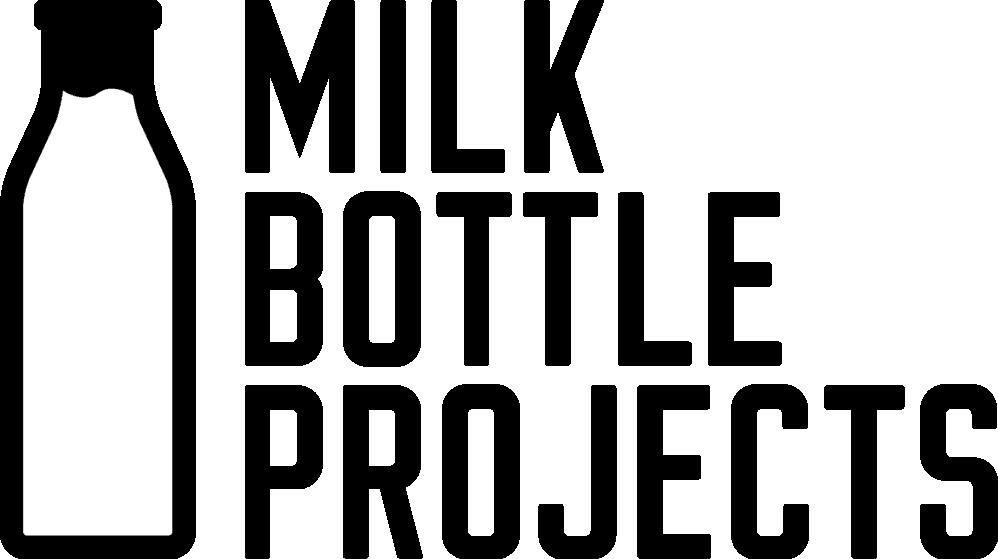Overcoming Facebook's NewS Ban for Businesses
- Topics of Conversation + Marketing Advice
- February 16, 2021


As one of the biggest social platforms in the world, Facebook is where people come to share news, personal, local and international. To see what’s happening on the daily, many turn to Facebook to follow the feeds of friends and family members, as well as political names and news outlets that cross-post on their page upon immediate breaking news.
Unfortunately within the last 24 hours, Facebook has announced major changes that will impact the way news is shared in Australia in response to a proposed media bargaining law that originally would have pulled Google completely as one of Australia’s biggest search engines, due to a legislation which required tech platforms pay news and media publishers for the distribution of their content.
As of the 18th of Feb 2021, Facebook has prohibited the viewing, sharing and discussion of domestic news content internationally, and has banned international news from being put onto the News Feeds of all Australian users and publishers. This restriction will see an immediate dip in available content from Australian publishers and users on Facebook, as a world-wide platform whether the news comes domestically or internationally.
Additionally, some of Australia’s top media publishers have gone completely silent, while international media outlets show up blank on Australian servers. Even news of Australia’s national weather service has become unavailable online for international readers (WSJ).
Ramifications of this new law will fundamentally change the way that news outlets work to deliver breaking news universally, affecting Australians who have relations overseas, as well as local citizens living abroad. But while it can seem like a dark day in the eyes of news for everyone, there is always a loophole for those who are digitally connected and we list here how businesses can keep up to date with international news, relevant to their business. Regular users’ feeds will continue to update in a normal manner while businesses utilise the following shortcuts to keep on top of the changes.
URL SHORTENERS TO LINK THROUGH FB
Originally, URL shorteners were utilised to keep long URLs from becoming disruptive and fragmented in emails and feed posts, with the way that website HTML was displayed in the past. However, today URL shorteners have become popular for social media platform usage as a visually pleasing and beneficial way of sharing links that redirect to a business or brand’s official page. With the ban of international media publishers posting on Facebook, URL shorteners that have no association to media outlet names can bypass the ban and allow for links to posts to be shared anywhere at any time by regular users without issues. Linking a shortened URL to a feed post with a caption and image simply allows newsfeeds to receive news in the same manner as they always have, but will also allow for regular users to discreetly share news without worrying about being banned due to sensitive outlet associations.
Popular URL shortening include Bit.ly and TinyURL which require no account creation and allow for customisable URL creations.
SCREENSHOTS OF NEWS EXCERPTS
Has your business been featured in the media and you want to share it? Create a screenshot of the news excerpt instead of a URL and post it on your Facebook page to share the news with your audience. Screenshots of news articles will not be banned under the new restrictions, meaning that you can still share the exciting news with your audience.
eDM Marketing
Electronic Direct Mail (eDM), also known as email marketing is a valuable online tool that enables you to communicate with existing and prospective customers. EDMs allow you to share direct information to your audience without any platform or social media accounts. There is no limitation on what can be shared via eDM, making it the perfect place to share exciting business updates and news stories from the media. In fact, 73% of millennials prefer communications from businesses to come via email (Hubspot).
Ensure that your email database is up to date and encourage new subscriptions by creating a form on your website, providing unique benefits for subscribers such as discounts and make sure you include an email field in your online checkout process. The larger your database is, the further your news will spread.
ALTERNATIVE PLATFORMS
While Facebook is affected by the change of media laws in Australia and for Australian news, other platforms remain open for distribution of domestic and international news with media outlets utilising their own website to distribute news as usual. Due to a handful of social media platforms emerging, consumers tend to passively get their news from third-party sources instead of directly, so this change of law may actually provide more foot traffic towards an outlet’s main homepage with businesses working towards the creation of more original content to grow interest.


Given these changes on Facebook and the uncertainty of their permanence, now is an important time to rethink your overall digital marketing strategy. With more people being directed to head straight to the source, rather than being exposed to secondary links on Facebook, your business needs to appear in these news sources; making PR has become more relevant and more necessary than ever!
Have more questions or ideas to discuss about Facebook’s news ban? Or want to discuss other ways to market your business through PR and social media? Contact us now!

